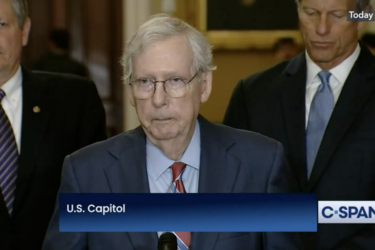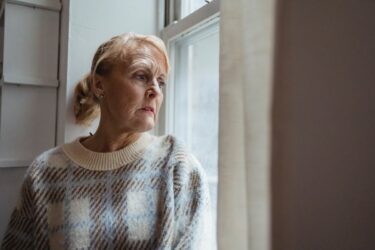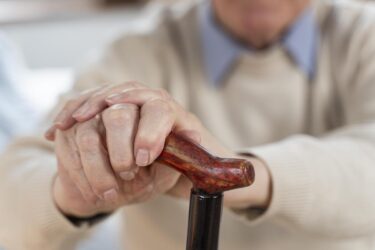
The National Academies of Sciences, Engineering and Medicine (NASEM) is calling on the next presidential administration to take immediate steps to address the health, economic and social issues facing family caregivers of older adults.
In a report released Sept.13, a NASEM committee of health and aging experts said a national strategy is needed to address the vital role of family caregivers in the well-being of older adults.The report emphasized that family caregivers should not have to provide complex care without much-needed social and economic support.
Demand on family caregivers are increasing and they deserve more recognition and support, the committee said. The findings confirm that the myriad responsibilities of caring for an older adult negatively impact a caregiver’s physical and mental health, finances and well-being. Economic harm, through lost income or career opportunities, also is widespread among caregivers. Health system reform is needed to better account for the role of the family in the caregiving process –including systems and processes that can identify, assess and support family caregivers of older adults.
“We have to think about a national strategy that uses evidence-based programs to support family caregivers,” Terry Fulmer, Ph.D., R.N., former co-chair of the committee, said in a telephone interview.
The report really documents “the extraordinary need of the nearly 18 million family caregivers who are falling between the cracks,” said Fulmer, now president of the John A. Hartford Foundation, a sponsor of the NASEM report. She pointed out that while the need for family caregivers is increasing, the number of available caregivers is decreasing. [Full disclosure: The John A. Hartford Foundation supports AHCJ’s Aging core topic area.]
The 65 and older population was about 46.2 million in 2014 and is projected to more than double to 98 million in 2060, according to the Administration on Aging. The proportion of older adults most likely to need caregiver support – those in their 80s and older – is projected to jump from 27 percent in 2012 to 37 percent in 2050. However, trends in demographics, including lower birth rates, a rise in never-married or divorced older adults, plus more geographic distance from family members, point to a shrinking pool of potential caregivers.
Meanwhile, the stress and strain on those caring for sick or disabled older parents, spouses, friends or other relatives, continues to take a toll on caregivers, employers, and the economy, Fulmer said. “They are taking care of older people in their homes with complex medical devices, coordinating multiple physician visits and complicated medications. We need to figure out a way to compensate family caregivers so they can stay home, instead of having that terrible stress of choosing between their job and taking care of their loved one.”
The report recommends adapting the current health care system, workplaces, and long-term services and supports to improve caregiver engagement, support their health, values, social and economic well-being and address the increasing cultural and ethnic diversity of the caregiver population. It calls for Medicare, Medicaid and the Department of Veterans Affairs to routinely identify, assess and support caregivers. It also calls on the Centers for Medicare and Medicaid Services to implement payment reforms that encourage providers to include family caregivers in delivery processes.
The report notes that the trend toward shorter hospital stays assumes family caregivers will be available to handle a discharged patient’s complex medical needs – from feeding tubes to tracheostomies – with little or no training. Caregivers also tend to receive little or no training to handle tasks like personal care or managing care coordination. Family caregivers were found to have lower physical well-being, higher stress levels, higher rates of chronic disease, and greater risk for depression, social isolation and financial losses than their non-caregiving counterparts.
The committee also recommends that states take a more proactive role in addressing the needs of family caregivers of older adults by providing more proven home and community based support, such as respite care.
Supporting family caregivers should be an integral part of the nation’s collective responsibility for caring for its older adult population, said Richard Schultz, NASEM committee chair and a professor of psychiatry at University of Pittsburgh. “If the needs of the caregivers are not addressed, we as a society are compromising the well-being of elders.”
Questions to Ask
- Are there successful caregiver support programs in your community?
- How is your city or state allocating money for these programs?
- What free or low-cost community resources, such as respite care or homemaker services, are available for family caregivers?
Resources
- This AHCJ tip sheet on caregiving for elders provides useful links and resources for covering this issue.
- Other tip sheets suggest additional story ideas about the role of caregivers
- The Population Reference Bureau has some good breakdowns of current and projected older populations.
- National Academies of Sciences, Engineering and Medicine
- Administration on Aging data and statistics









